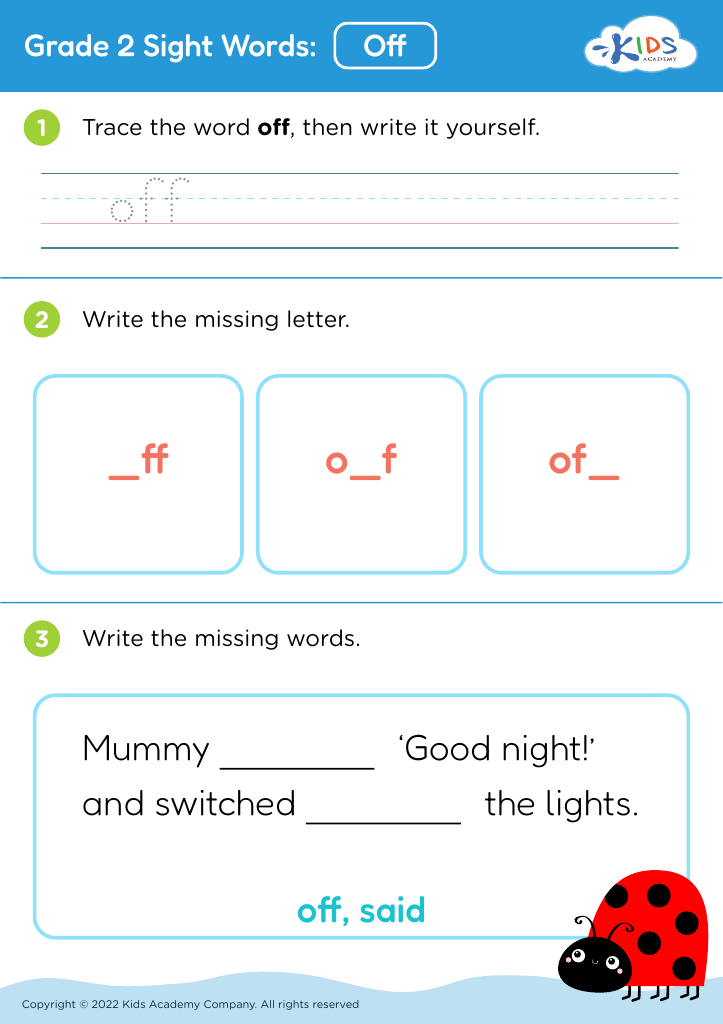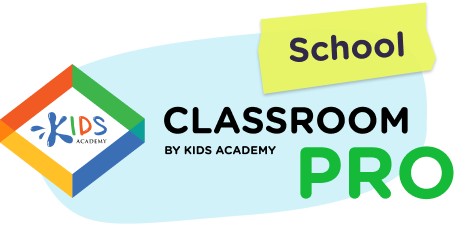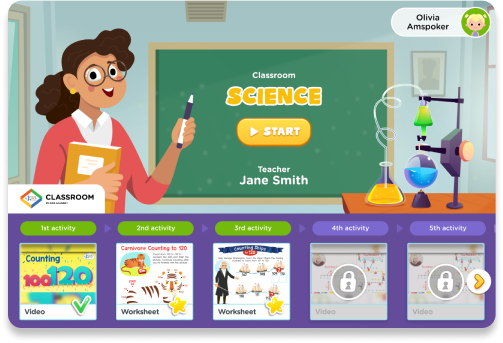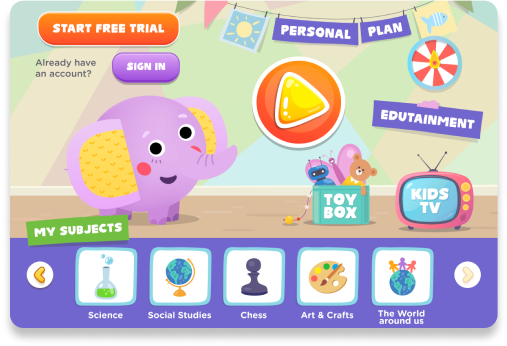Numerical comparisons Worksheets for Ages 8-9
3 filtered results
-
From - To
Explore engaging Numerical Comparisons Worksheets designed for children ages 8-9! These worksheets foster essential math skills, helping young learners develop their understanding of greater than, less than, and equal to concepts. With a variety of fun and challenging exercises, students will boost their confidence while improving their ability to compare numbers up to 1,000. Our worksheets emphasize critical thinking and logical reasoning, making math enjoyable and interactive. Perfect for classroom activities or home practice, these resources support the development of foundational math skills that are crucial for future academic success. Download and inspire learning today!
Numerical comparisons are crucial for children ages 8-9 as this stage of development lays the foundation for more advanced mathematical concepts. At this age, students are transitioning from basic arithmetic to more abstract problem-solving skills. Understanding numerical comparisons—comparing quantities, understanding greater than or less than concepts, and recognizing patterns—helps children develop critical reasoning skills.
When parents and teachers emphasize numerical comparisons, they encourage students to think critically about numbers and their relationships. This not only boosts their confidence in math but also enhances their analytical thinking, which is essential across all subjects. Engaging children in discussions about numerical comparisons promotes a deeper understanding of mathematics, encouraging them to explain their reasoning.
Additionally, strong skills in numerical comparisons assist children in real-life situations, such as budgeting, shopping, and understanding measurements. This knowledge empowers them to make informed decisions as they encounter practical mathematical problems. By investing time and resources into helping children grasp these concepts, parents and teachers play a pivotal role in fostering a positive attitude towards math, which can result in long-term academic success and a more profound engagement with STEM fields in their future education.
























